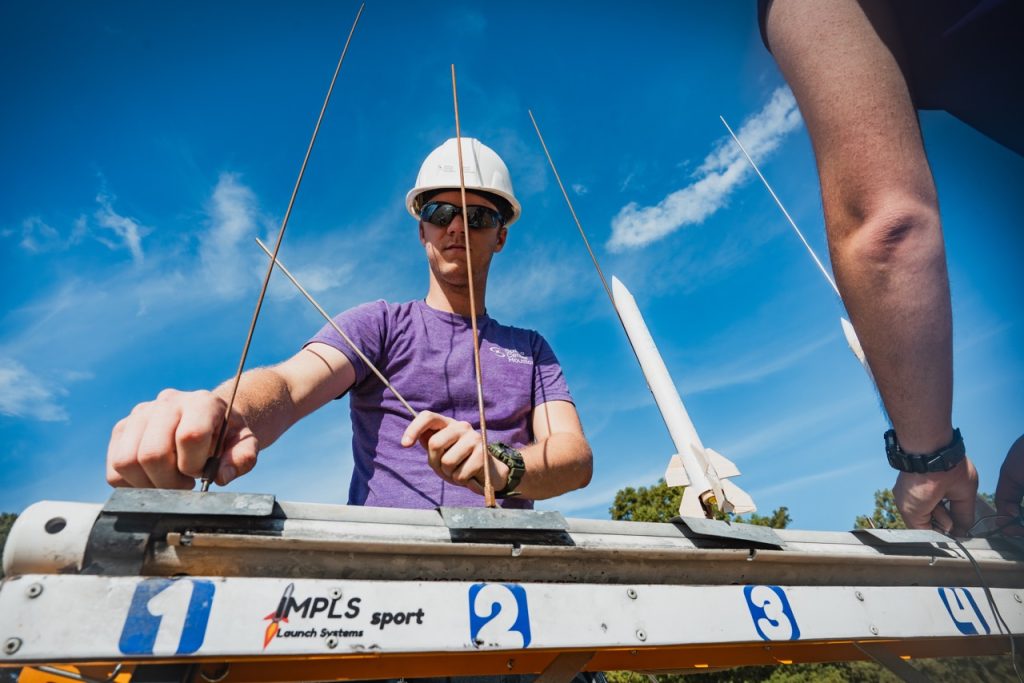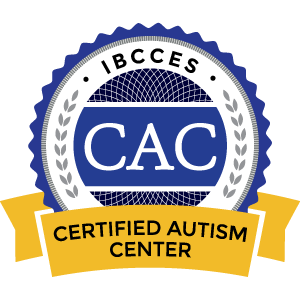Tissue engineering is a fast-developing field thanks to space research.
Astronauts aboard the International Space Station are studying the effects of low-gravity on tissue to help create ways to mitigate negative effects of space travel on humans during long duration space missions. Scientists on Earth hope the research could be used in pharmaceutical testing, disease modeling, as well as accelerating research and development in the field of organ transplants.
In our September Thought Leader Series, presented by The University of Texas Medical Branch (UTMB), a panel including Dr. Joan E. Nichols, Dr. Jennifer Fogarty, and Dr. Kristin Fabre will discuss the potential for growing organs in space.
About the panel
Dr. Nichols is a Professor of Internal Medicine, and Microbiology and Immunology and the Associate Director of the Galveston National Laboratory at UTMB at Galveston. She has been involved in research projects looking at the alterations in the human immune response to microbial pathogens since 1985. Her work highlights response of the lung after exposure to pollutants and/or respiratory pathogens and she has expertise in the areas of general immunology, inflammation, disease pathogenesis, stem cell characterization/differentiation and stem cell treatments, healing following traumatic injury to the brain or lungs and lung immune defense.
Dr. Fogarty is the NASA Human Research Program (HRP) chief scientist. She leads the development and oversight of the extensive HRP research portfolio addressing diverse human system risks to enable human exploration of space. In addition, Fogarty establishes and maintains relationships and collaborations with research Programs at NASA, external institutions, and other government agencies to assess fundamental and mechanistic discoveries as well as innovative prevention and treatment strategies.
Dr. Fabre is chief scientist at the Translational Research Institute for Space Health (TRISH) and assistant professor at Center for Space Medicine at Baylor College of Medicine. She leads the TRISH Translational Program, which is tasked to invest in high-risk, high-reward research and technology for space exploration. She works with various stakeholders including NASA, industry and academia to adopt and implement outcomes from TRISH-funded project deliverables. Before joining TRISH, Dr. Fabre was the Microphysiological Systems (MPS) Lead at AstraZeneca (AZ) and was part of the MPS Center of Excellence, Drug Safety and Metabolism. Prior to joining AZ in 2016, she was the Scientific Program Manager for the Microphysiological Systems (or Organs-on-Chips) Initiative at NIH National Center for Advancing Translational Sciences (NCATS).







